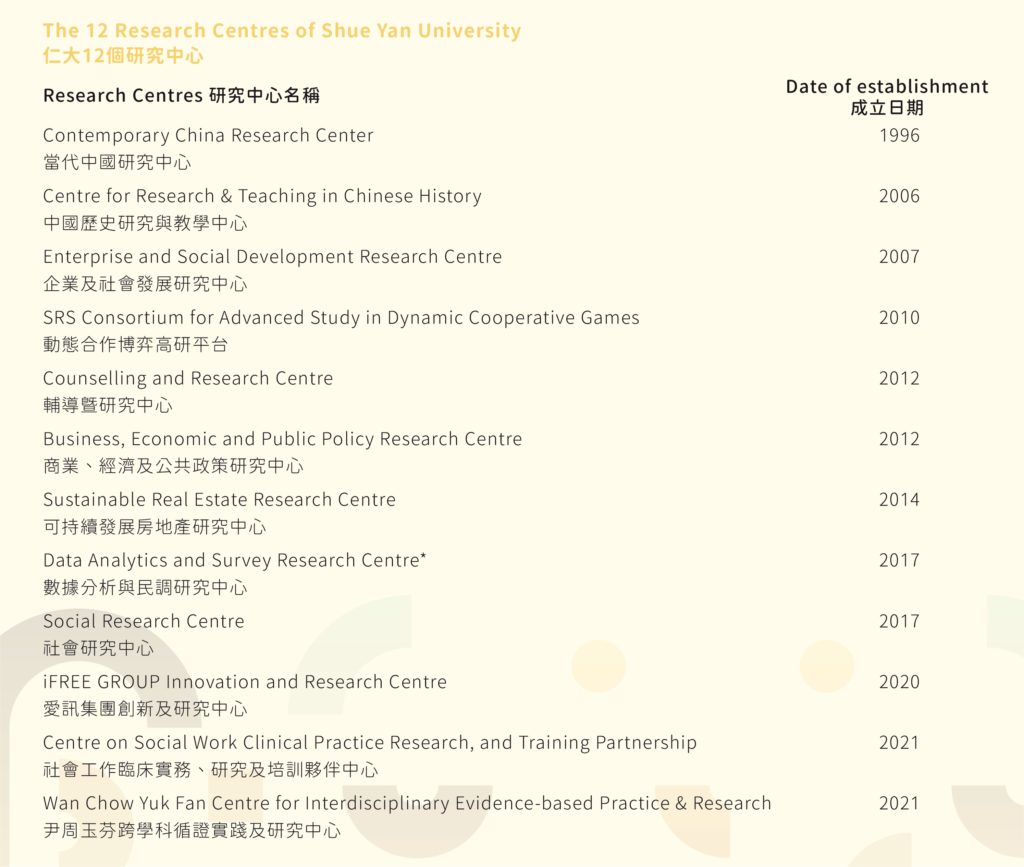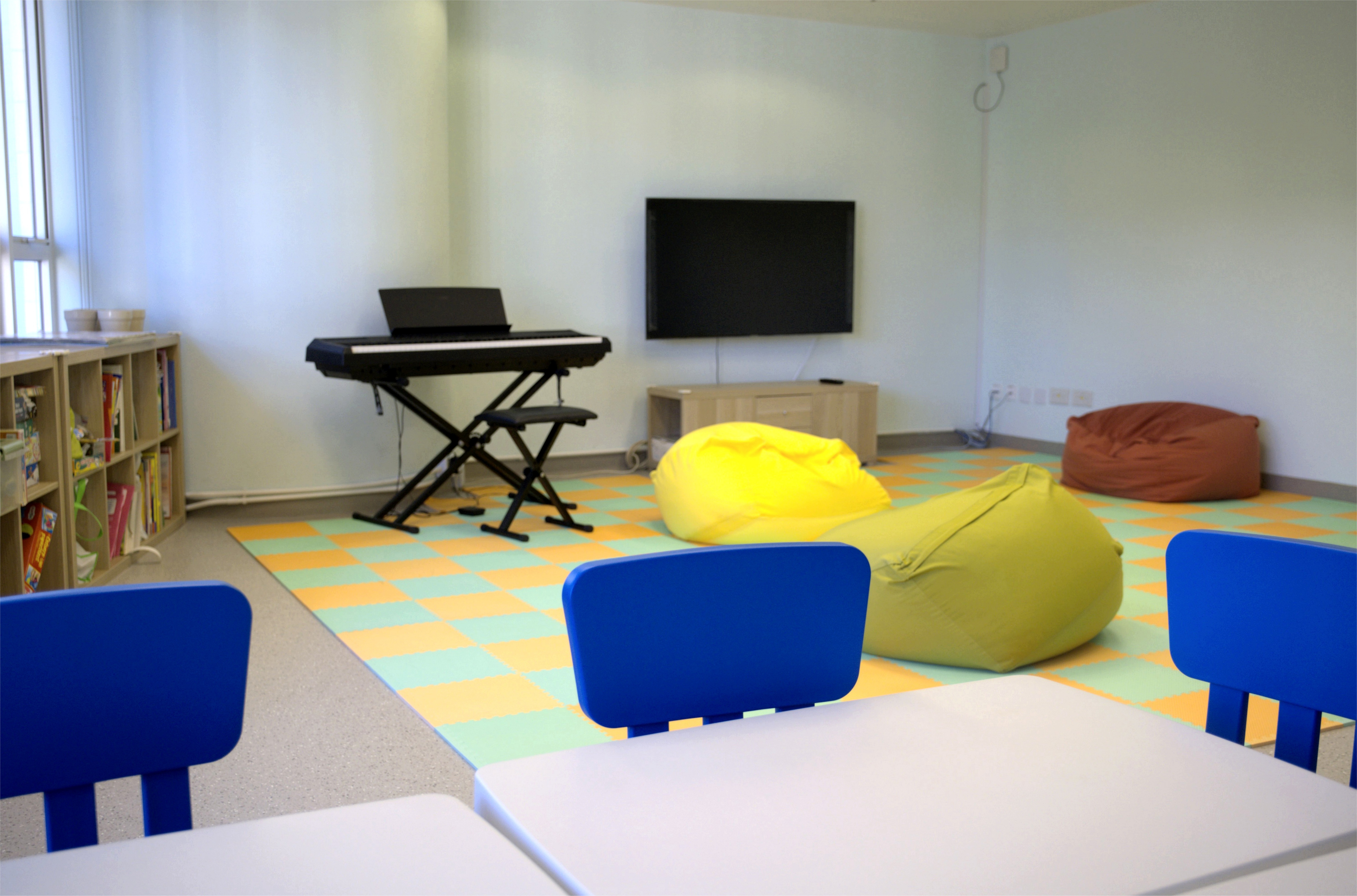In recent years, the Department of Counselling and Psychology has been determined to strengthen its research work, with the aim of enhancing teaching and learning. Since 2008, the Department has established 8 laboratories in different fields (see table), including the Practice-Based Evidence Lab opened in September this year. Dr. LI Wang On, Head of the Department, stated that with funding support from the University and the government, the eight laboratories of the Department have covered important academic areas, such as cognitive psychology, neuropsychology, positive psychology, health psychology, and school counselling. Equipment in the laboratories includes EEG amplifier, eye-tracking system, biofeedback system, transcranial brain stimulation system, virtual reality, etc.
Dr. Li points out that in recent years, universities around the world have earnestly applied technology to psychology and counselling research. The Department of Counselling and Psychology has established several laboratories to reflect academic trends. The Practice-Based Evidence Lab (with Dr. PANG Lan-sze serving as its director), for instance, uses various psychological and physiological indicators, such as thermographic camera, to study the physiological and psychological changes during the counselling process. On the other hand, the Positive Technology and Virtual Reality Laboratory (with Dr. FU Wai as its director) is devoted to exploring the use of virtual reality and various psychological techniques, such as the integration of music into psychological interventions.
The Department is committed to enhancing the effectiveness of existing laboratories. For instance, the Neuropsychology Laboratory (with Professor YU Kai Ching serving as the director) has been upgraded this year. First founded in 2012 and based at LG304 of the Academic Building, the Laboratory has, in 2021, undergone renovation and reorganization. It is now being divided into a “Neuromodulation Section” (with equipment for transcranial electrical stimulation and transcranial magnetic stimulation) and a “High-Density Electroencephalography Section” (with high density EEG equipment for measuring brain activity). The newly equipped laboratory will be located in LG308 of the Research Complex.
The laboratories mentioned above not only enhance the research effectiveness of the Department of Counselling and Psychology, but also directly benefit students. Currently, students participating in “Undergraduate Research Apprentice”, “Research Internship” and “Research Mentorship” can use the laboratories for study and research.
Dr. Li further indicates that the Positive Technology and Virtual Reality Laboratory (with Dr. Chan Chi Keung as its director) is actively exploring opportunities for practical research in positive psychology in Chinese societies, like promoting positive parenting culture, positive education, and positive cyberpsychology. Meanwhile, the Department will strengthen research on play therapy and activity-based learning, and plans to launch the Master of Social Sciences in Play Therapy Programme (coordinated by Dr. ZHOU Dehui) in the near future. The Programme, in conjunction with the laboratories, is expected to generate greater benefits to teaching, research, and practical training.
In addition to the eight laboratories, the Department of Counselling and Psychology has also set up a “Counselling and Research Centre” to support training, internship, and research in counselling psychology, and provide counselling related services. Counselling is provided on 1/F of the Library Complex, while the research base is located on LG3 of the Academic Building.

Source:50th Anniversary Special Issue
